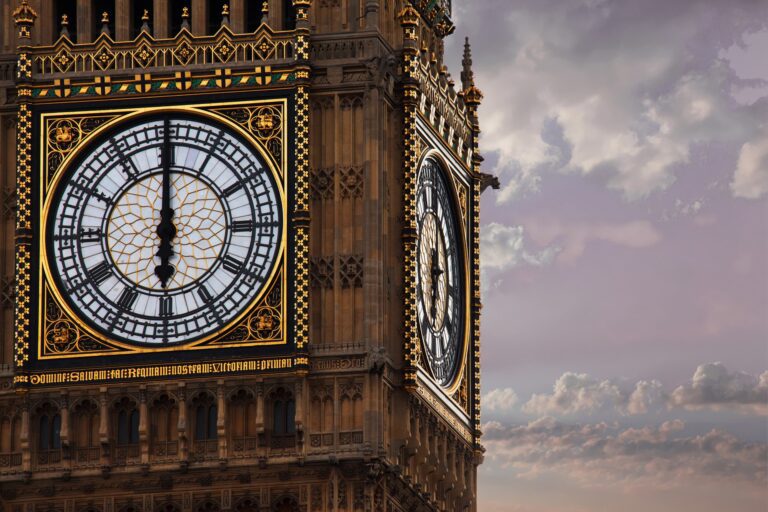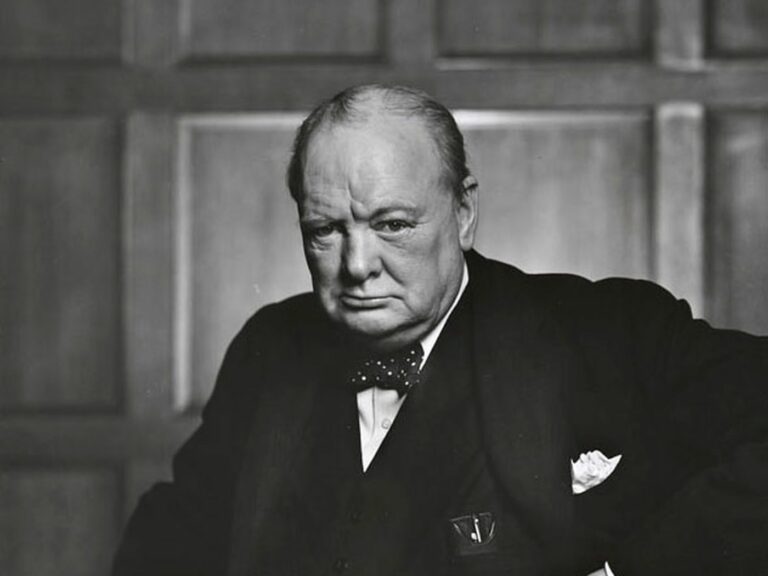
Zewditu Gebreyohanes
Head of History Matters
The historian David Olusoga was among the speakers at the housing block renaming ceremony offering a denunciation of Cecil Rhodes, who he described as “one of history’s midwives of apartheid”. Another speaker, a ‘slam poet’ called Miss Yankey, suggested that the name change was “a mark of respect of the people who had to walk past that sign and shudder and feel sick at what he [Rhodes] did”.
The council was keen to convey a sense of triumph and jubilation that the buildings had been renamed. Photos of the ‘Renaming Fair’ at the primary school show bunting and balloons, art displays to mark the occasion, and pupils sporting multi-coloured hair and face paint.
What was not mentioned in the press releases, however, was that locals—residents of the housing block; and the pupils, parents and staff at the school—were never asked whether they wanted the names to be changed in the first place. Instead, the decision to rename both buildings was reached by a council review panel within weeks of the Black Lives Matter protests erupting, with local people only informed of that decision after it had been made.
In fairness, it is somewhat to Camden Council’s credit that they decided to hold ballots on any aspect of the renaming, by allowing locals to choose the new names. Nonetheless, what the remarkably high turnout (77% in the housing block case) indicates is the sheer level of interest in the name change from community members; this confirms that they should have been consulted at a much earlier stage.
The problem lies in the fact that there are currently no provisions in place to prevent councils from changing the names of schools, housing blocks and other buildings on a whim, without ascertaining first whether that is the wish of locals and residents. Part II of the London Building Acts (Amendment) Act 1939 gives councils in London the authority to change the names of local buildings, as well as of streets.
In a recent paper for Policy Exchange, I proposed a legislative change whereby councils in the UK would have to consult residents of a street and obtain supermajority support before changing the name of the street. Similarly, it only seems right and fair that locals are consulted before the decision is made to rename community buildings and that they are included at all stages of the renaming process. As with street names, the names of buildings—whether housing blocks or schools—are part of the heritage of an area and will hold meaning and memories for many within the community.
There are also costs, both in terms of time and money, associated with changing names. The renaming of Cecil Rhodes House alone is said to have cost £12000. Camden Council said it would cover all costs, but even if locals do not pay directly it is ultimately taxpayers’ money which is being used. Furthermore, in the housing block case, residents must update their address for their mortgage providers, banks, driving licences and so on. An additional practical consideration relates to post; the council states that it has informed Royal Mail and other delivery services of the address change, but this evidently has not been able to prevent post and deliveries from going astray. The expense and hassle of a name change therefore makes it doubly imperative that the local community is given a say on whether a proposed change should go ahead.
Organic, thoughtful and meaningful change should not be resisted simply for the sake of it, but change should never be brought about for reasons of political expedience and should never be imposed forcibly on a community. Local heritage is an intangible asset to any place and holds meaning and value, most of all to those who call it home; the decision to cast any part of it—however seemingly insignificant—aside is not one that should be taken without the consent of local people.


